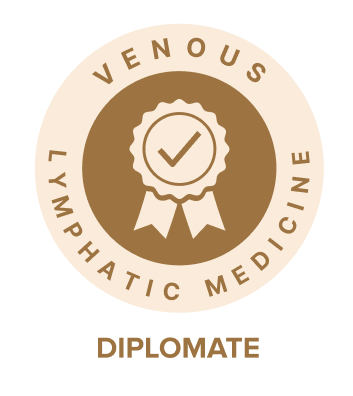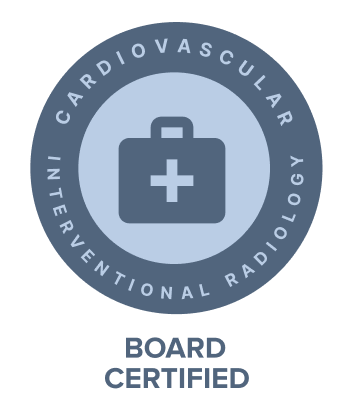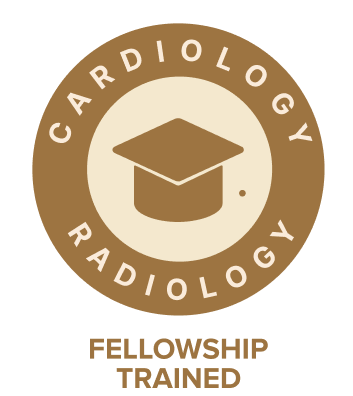Peripheral artery disease specialist in Jacksonville, FL.

If you are experiencing symptoms of peripheral artery disease, it may be time to find a trusted peripheral artery disease doctor at our PAD center in Jacksonville to help you on your journey toward a life with no pain and discomfort.
We accept all major insurances and work with most providers to maximize your coverage. Have questions? Our Patient Navigators are here to assist you with a free insurance verification.
Call us at (904) 895-5400 and let’s navigate it together.




What are peripheral artery disease symptoms?
Peripheral Artery Disease (PAD) is a circulatory condition characterized by narrowed arteries that reduce blood flow to the limbs, typically the legs. It’s primarily caused by atherosclerosis, a condition where fatty deposits build up in the inner walls of arteries, causing them to become stiff and narrow. This narrowing restricts blood flow to the limbs, leading to symptoms such as leg pain, cramping, weakness, or numbness, especially during physical activity.
Symptoms of PAD can vary depending on the severity of the condition, and some people with PAD may not experience any symptoms, especially in the early stages of the disease. However, even without symptoms, PAD increases the risk of serious health problems such as heart attack, stroke, and limb amputation.
- Claudication: pain, cramping, or tiredness in the legs
- Numbness or weakness in the legs.
- Coldness or paleness or blueness in skin color due to reduced blood flow
- Ulcers, sores, and wounds that are difficult to heal
- Decreased hair growth or hair loss on the legs or feet.
- Skin on the legs or feet may appear shiny due to reduced blood flow
- Weak or absent pulses in the legs or feet
- Erectile dysfunction due to reduced blood flow to the genitals.
Permanent relief from PAD with Atherectomy and Arterial Stenting
Peripheral artery disease can be treated at our Jacksonville PAD center via minimally invasive non-surgical atherectomies and/or arterial stenting. When plaque buildup in the arteries is causing significant narrowing or blockages, a PAD specialist does an atherectomy procedure via a catheter and a specialized device to remove plaque from the arteries, restoring blood flow to the affected area. Arterial Stenting is also a procedure a PAD specialist can employ in cases where the blockage is too severe or too complex for other treatments.
During an arterial stenting procedure in our Jacksonville PAD center, a catheter-deflated balloon-mounted stent is inserted into the affected artery through a small incision in the skin. The catheter is guided to the site of the blockage using imaging techniques such as fluoroscopy or angiography. Stenting can improve blood flow to the affected area, and relieve PAD symptoms such as leg pain or cramping (claudication). The choice between arterial stenting and atherectomy depends on factors such as the location and severity of the blockage, the presence of calcified or heavily diseased arteries, and individual patient characteristics. In some cases, a combination of both procedures may be used to optimize outcomes for patients with PAD.

Why Atherectomies and Arterial Stenting is ideal for treating PAD
An alternative to vascular bypass surgery, atherectomies and arterial stenting are non-surgical and minimally invasive procedures performed by a trained PAD specialist in Jacksonville. These procedures result in shorter recovery times, reduced risk of complications, and less pain compared to traditional surgical interventions.



Why Choose Atherectomy and
Arterial Stenting at Well&You.
Life without pain.


- Peripheral Artery Disease Expert
- Board Certified Minimally Invasive Doctor
- Trained at World Renowned Northwestern University
- Over 15 years experience
- Fellowship Trained Endovascular Specialist


